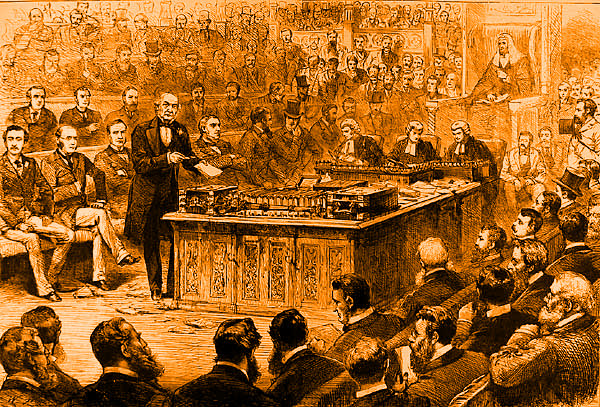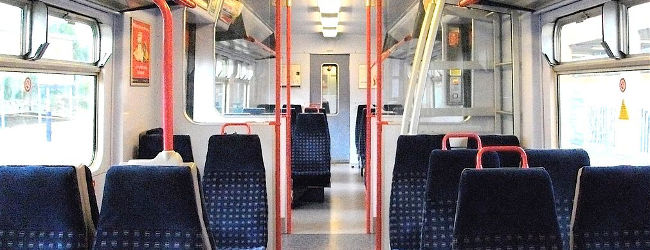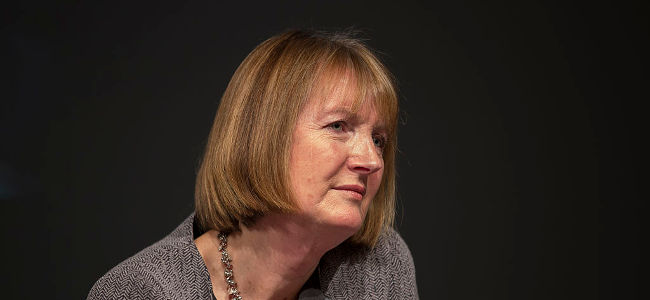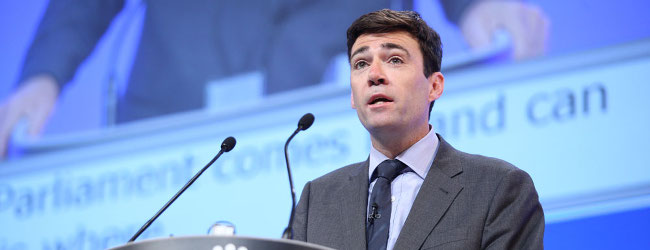Since May’s general election many have wondered what the future of liberalism is in a country where the leading liberal party has only eight MPs.
At the time some commentators speculated that the Liberal Democrats would fade away, unable to claim the insurgent credibility that won it protest votes for decades. Others wondered if in one of the world’s leading liberal democracies the need for a party committed to liberalism is there at all.
On that latter count Glen Maney, a national executive of the rival Liberal party, begs to differ. Speaking to the Right Dishonourable, he even wondered if the UK really is a liberal democracy:
“More CCTV cameras than anywhere else in the world. The growing acceptance of trial without jury. The cutting back on legal aid and the stripping of workers’ rights to go along with that.”
Maney’s party is an obscure one. Now with 12 councillors to its name, the modern Liberal party formed in 1989 shortly after the rump of the historic Liberal party merged with the Social Democrats, the two allied groups having nearly outdone Labour in the previous 1983 general election with a vote share of 25 percent.
Though political activists tend to enjoy working for groups with a heritage, the history comes with some branding difficulties for the smaller Liberal party. As Maney explained, his party ends up getting “a lot of flak” for policies that are actually the Liberal Democrats’. Tim Farron, now the leader of the Lib Dems, has added to the confusion by frequently describing himself as a “Liberal”.
Even so the Liberals do define themselves against the Lib Dems. In general terms it claims to be a party of “small government”. It wishes, for instance, to scrap the Trident nuclear programme. It also wants to abolish the national curriculum in schools, nationalise rail and water infrastructure, and is open to severing ties with the EU.
Indeed such is the zeal against the Union that three prospective councillors in Cornwall stood down at the general election so that their Ukip counterparts stood a better chance. According to Maney, they were later disciplined by the Liberal party for their actions.
“This was not reflective of the party who oppose 90 percent of what Ukip stand for,” he said. “In fact I have recruited several ex-Ukip voters who only agreed with Ukip on Europe, and were disgusted when I pointed out other policies like their stance on the NHS and their support for hunting and Trident.”
Maney even claimed that the Liberals’ stance on the EU had encouraged support even from former Lib Dems, whose view on the Union changed as they saw how the confederation treated Greece during its ongoing debt crisis. “We also have a ground swell of support from ex-Lib Dems who indeed think that their party has compromised their ideology to an unacceptable level,” he said.
On that point of ideology, Maney believes that the market for ideologically purer parties is about to boom. Like many on the Left – Maney puts his party just to the right of the Greens on a “21st century terminology barometer” – he foresees a backlash against the Tories as “debt created largely by the banking crisis is paid for by those who were least responsible”, stimulating the cost of living crisis already affecting much of London.
“Labour under [former prime minister Tony] Blair became the slave to big business and deserted its roots in order to be electable, and the Tory ideology appears to now be the ethnic cleansing of the poor.
“I think that individuals and parties with values who aren’t prepared to sell out their values will come to the fore over the next fifty years, and I can see from the early shoots of growth in our party that we are seeing now that we will earn the respect of a lot of voters over the next few years by not compromising our ideological standpoints.”
The next few years will prove whether his party, which wants to contest as many seats as possible in the next general election in 2020, manages to capture that enthusiasm.
Image Credit – Liberal leader William Gladstone debates on Irish Home Rule in April 1886, Illustrated London News




